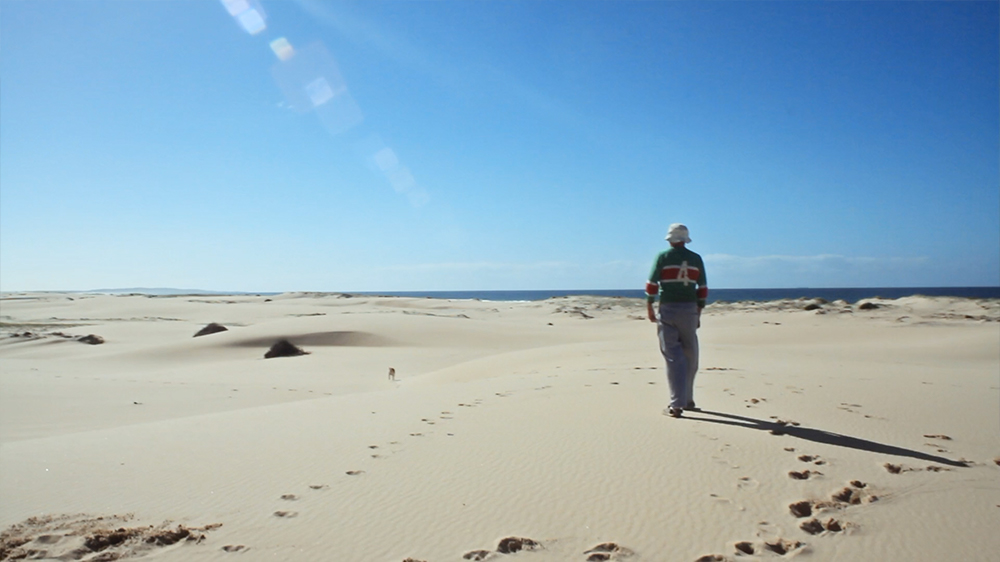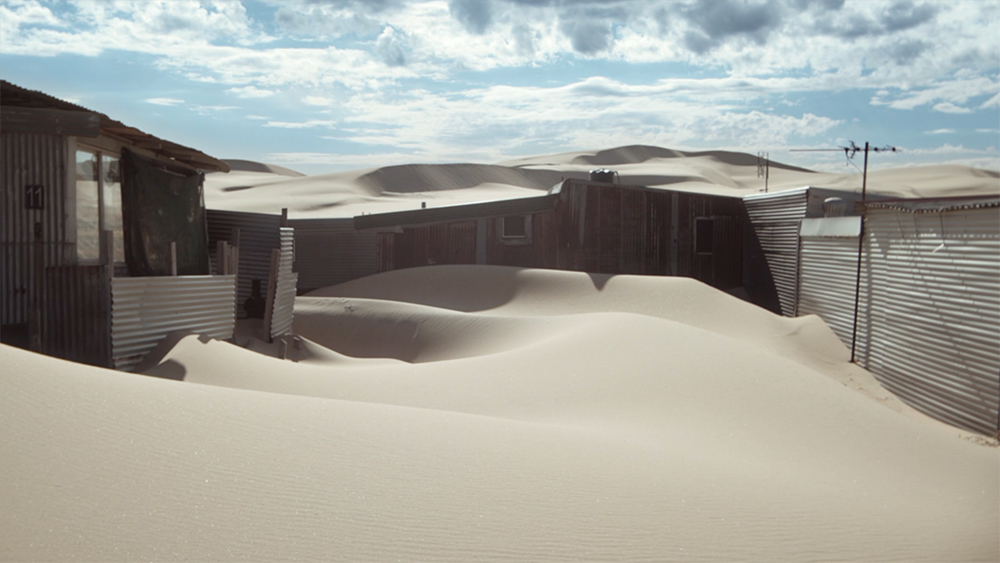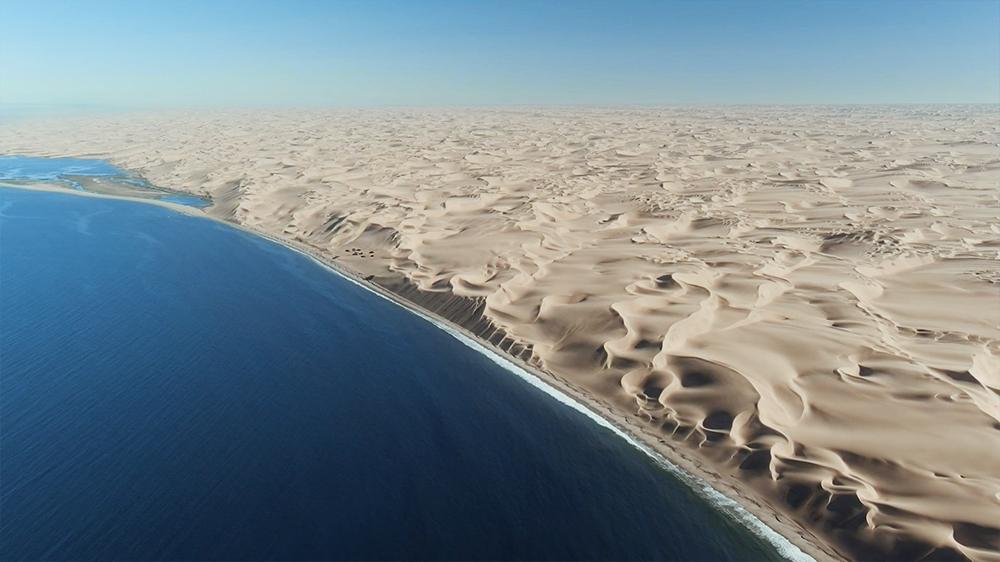
______________________________________________
FROM THE STAFF OF SF SHORTS
When a Tree Falls
SF SHORTS STAFF. JANUARY 2023
SF SHORTS STAFF. JANUARY 2023
Some of us fantasize what it would be like to be totally alone; perhaps deserted on an island, and if we were lucky, marooned with a dog. Some of us have had periods that feel as much the same, surrounded by society.
Beyond asking if one can exist alone, philosophers have questioned whether one does exist, if not observed by any other? Likely yes, because our bodies remain a scientifically isolated-but-viably-tangible reality. But what of our selfhood? if it has no other being into-which to absorb or even off-which to bounce. Unless a record is left. But in the absence of that or any trace of your existence, it would not be possible to prove you existed outside of conjecture. George Berkeley, the 18th century philosopher proposed, “to be is to be perceived”.
But perhaps it is enough, then, to perceive yourself. You think therefore you are.
Beyond asking if one can exist alone, philosophers have questioned whether one does exist, if not observed by any other? Likely yes, because our bodies remain a scientifically isolated-but-viably-tangible reality. But what of our selfhood? if it has no other being into-which to absorb or even off-which to bounce. Unless a record is left. But in the absence of that or any trace of your existence, it would not be possible to prove you existed outside of conjecture. George Berkeley, the 18th century philosopher proposed, “to be is to be perceived”.
But perhaps it is enough, then, to perceive yourself. You think therefore you are.

Still from the film, Crusoe of Tin City, by Yannick Jamey
These questions are among those that emerge in Yannick Jamey’s short film, Crusoe of Tin City, a hybrid of documentary and fiction set on the beach dunes of remote Australia. There, Jamey discovered a lone inhabitant, Alwyn, and his dog.
Many structures of this rogue fishing village have been reclaimed by the moving sands. Alwyn is the last living of its 1970s founding builders, who in pioneer Australian fashion, wanted to live off of the sea, ungoverned. Today, although he does have contact with society, he mostly lives off solar panels, fresh groundwater and lots of fish.
Many structures of this rogue fishing village have been reclaimed by the moving sands. Alwyn is the last living of its 1970s founding builders, who in pioneer Australian fashion, wanted to live off of the sea, ungoverned. Today, although he does have contact with society, he mostly lives off solar panels, fresh groundwater and lots of fish.

Still from the film, Crusoe of Tin City, by Yannick Jamey
Yannick Jamey was born in Australia, but left young. He recently moved back, to reconnect and consider the idea of home. “There are a huge amount of strange places that people call home — ghost towns, desert oases, underground towns, you name it — places that seem precisely uninhabitable.” Within a road-trip’s reach was a coastal outback, with a spirit of absurdity.

Still from the film, Crusoe of Tin City, by Yannick Jamey
A documentary couldn’t fit the sublime and romantic character of this place at the end of the world, so Jamey instinctively adjusted toward the poetic, by collaborating with partner, Eliza Scott, to write a text to the images. He felt that it required an almost “impossible” voice, like that of The Little Prince – a child too young for the vastness of his adventure and insight, as if channeling a prophesy. The film opens in apocalyptic remembrance, followed by sensing the old man’s childhood, but resolving toward an uneasiness wherein that lifestyle catches up to him – perhaps when he first truly observes himself.
 SF Shorts
SF Shorts
